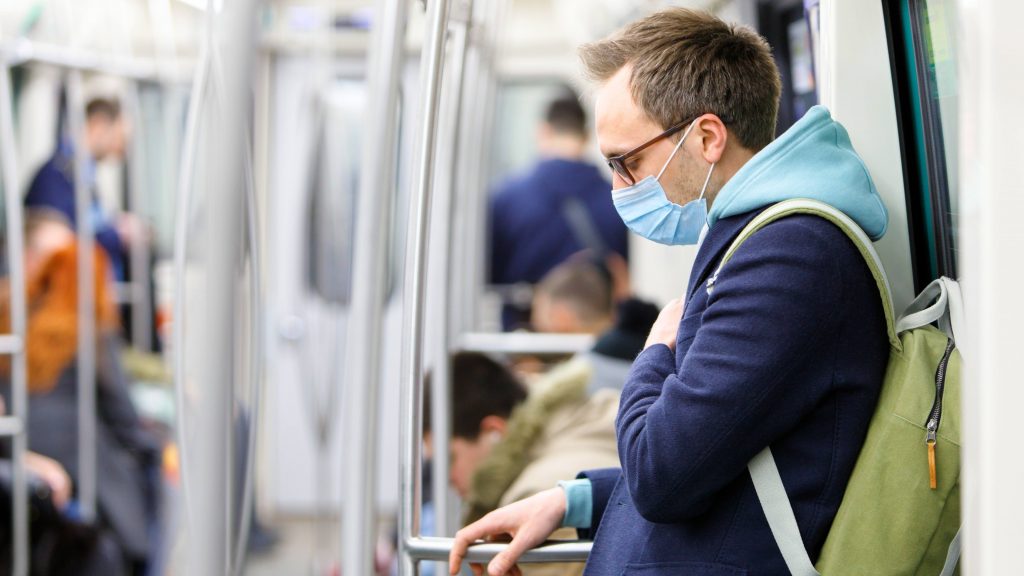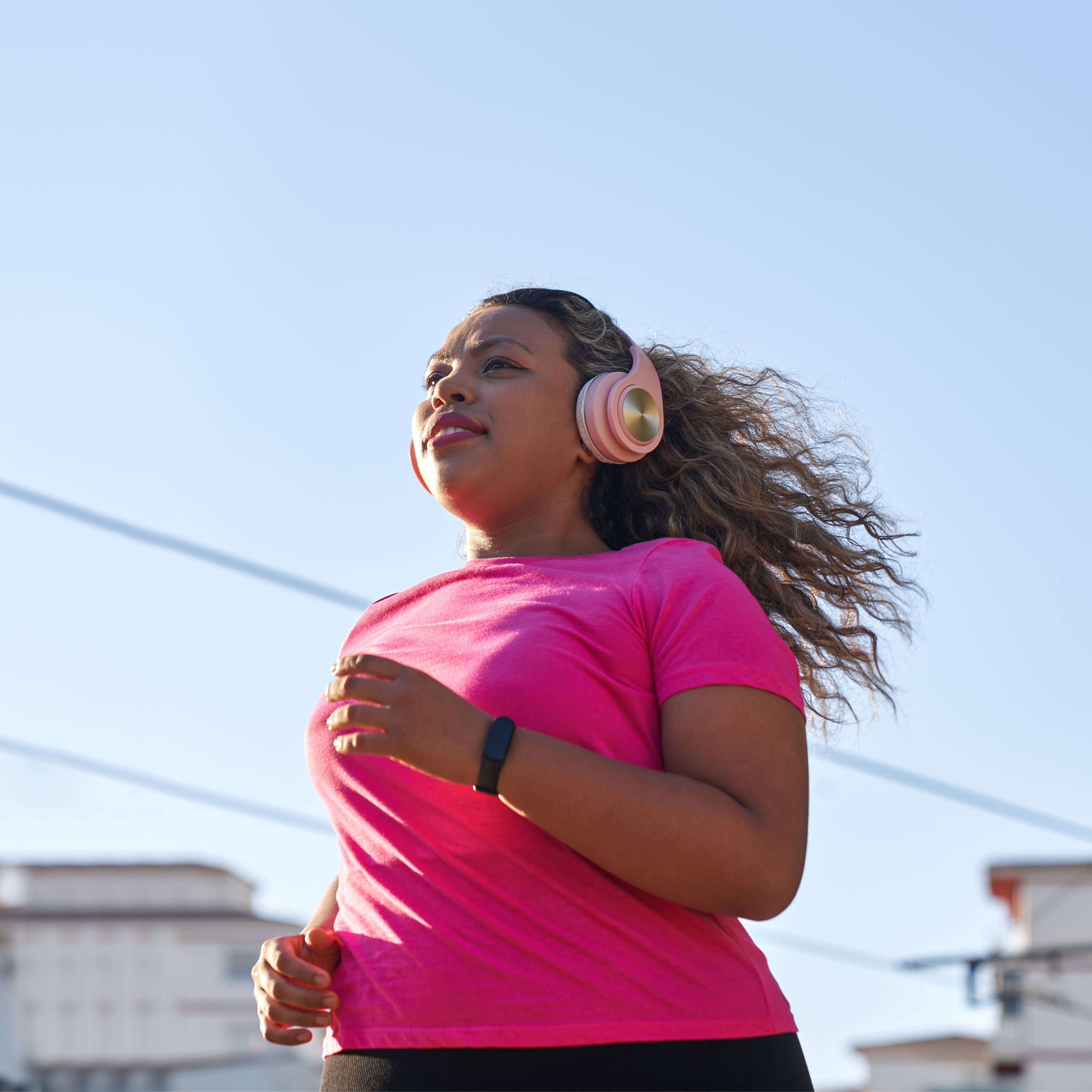-
Featured News
COVID-19: When should you wear a face mask?

COVID-19 can cause a number of symptoms that may appear several days after exposure. The most common symptoms are cough, fever and shortness of breath. The virus is primarily spread by respiratory droplets transmitted via close contact (within 6 feet) with an infected person, according to the Centers for Disease Control and Prevention. Respiratory droplets are produced when an infected person coughs or sneezes.
The increase in the general public buying surgical face masks has resulted in mask shortages for some health care workers. So should you wear a face mask to protect yourself from the virus, even if you're not sick?
"The current recommendations regarding masks are that if you yourself are sick with fever and cough, you can wear a surgical mask to prevent transmission to other people. If you are healthy, there is not thought to be any additional benefit to wearing a mask yourself because the mask is not airtight and does not necessarily prevent breathing in of these viral particles, which are very tiny," says Dr. Nipunie Rajapakse, a Mayo Clinic infectious diseases specialist.
Watch: When should you wear a face mask?
Journalists: A broadcast-quality sound bite (0:27) with Dr. Rajapakse is in the downloads at the end of the post. Please courtesy "Nipunie Rajapakse, M.D./Infectious Diseases/Mayo Clinic."
If you are going to a clinic or hospital to be seen by a health care provider because of concerns of cough or fever, Dr. Rajapakse recommends wearing a face mask to avoid transmitting possible infection or virus to other patients and medical staff. Face masks also are recommended for health care workers and people who are taking care of someone infected with COVID-19 in close settings (at home or in a health care facility).
"Most people who do not work in a health care setting have not received training on how to put on and take off the masks properly. Doing this incorrectly can actually increase your risk of infection. Also, people who are wearing masks tend to touch their face more than those who are not, which can paradoxically result in an increased risk of infection as well," says Dr. Rajapakse.
She says instead of wearing masks, people need to:
- Wash their hands frequently using soap and water for 20 seconds or an alcohol-based hand rub.
- Avoid touching their eyes, nose and mouth.
- Practice cough etiquette. Cough into a flexed elbow or tissue, discard the tissue in the trash, and wash hands.
- Stay home from school, work and public places if feeling unwell.
Check the CDC website for additional updates on COVID-19.
For all your COVID-19 coverage, click here.







